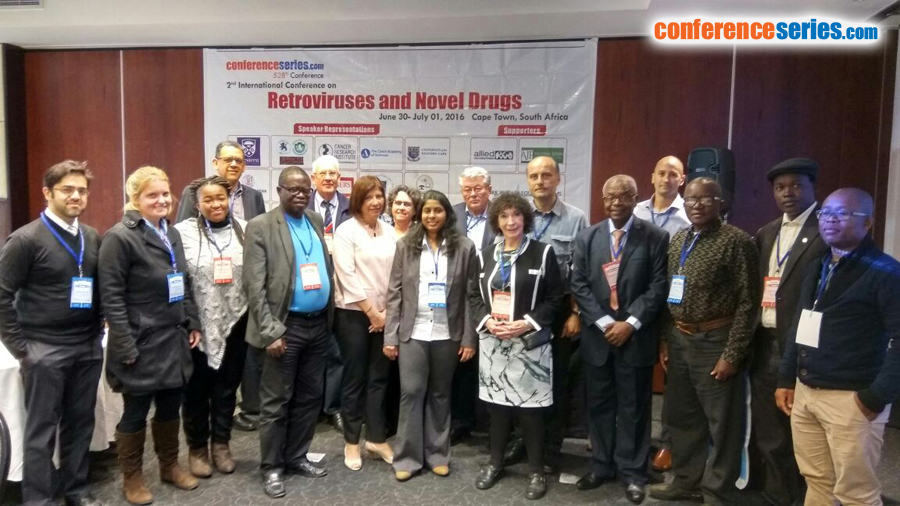
Loyda M. Melendez
University of Puerto Rico Medical Sciences, USA
Title: Monocyte/macrophage cathepsin B interactome in HIV-1 neurocognitive disorders
Biography
Biography: Loyda M. Melendez
Abstract
Chronic human immunodeficiency virus type one (HIV-1) infection leads to a spectrum of neurological and cognitive abnormalities, known collectively as HIV-associated neurocognitive disorders (HAND). HAND remains prevalent, particularly in its milder forms, despite effective combination antiretroviral therapy (cART). The pathogenesis of HAND is thought to involve HIV-infected perivascular macrophages and microglia, whose activation leads to the release of pro-inflammatory cytokines and other soluble factors toxic to neurons. One factor that may be involved in macrophage-mediated HIV neurotoxicity is cathepsin B, a member of the cysteine protease family. We recently demonstrated that monocyte-derived macrophages (MDM) secreted, cathepsin B has increased neurotoxic activity in vitro. In studies of our Hispanic women cohort, we observed increased expression of both cathepsin B and cystatin B in monocytes of women with HAD on cART with no comorbid conditions. Cathepsin B is also upregulated in the CNS of patients with HAND. We hypothesized that cathepsin B is interacting with other proteins that contribute to neurotoxicity. Using immunoprecipitation of cathepsin B in macrophage supernatants and mass spectrometry, we demonstrate that cathepsin B interacts with MMP-9 in uninfected cells but this interaction disappears in HIV infection and develops a new interaction with serum amyloid P component (SAPC). SAPC is related to amyloid deposition in Alzheimer’s disease (AD). These results suggest that cathepsin B might be involved in amyloid-beta- related inflammatory response, which results in neuronal death. These studies will significantly advance the HIV field by providing new clinical diagnostic tools, new pathways, and possible complementary therapies against HAND.



